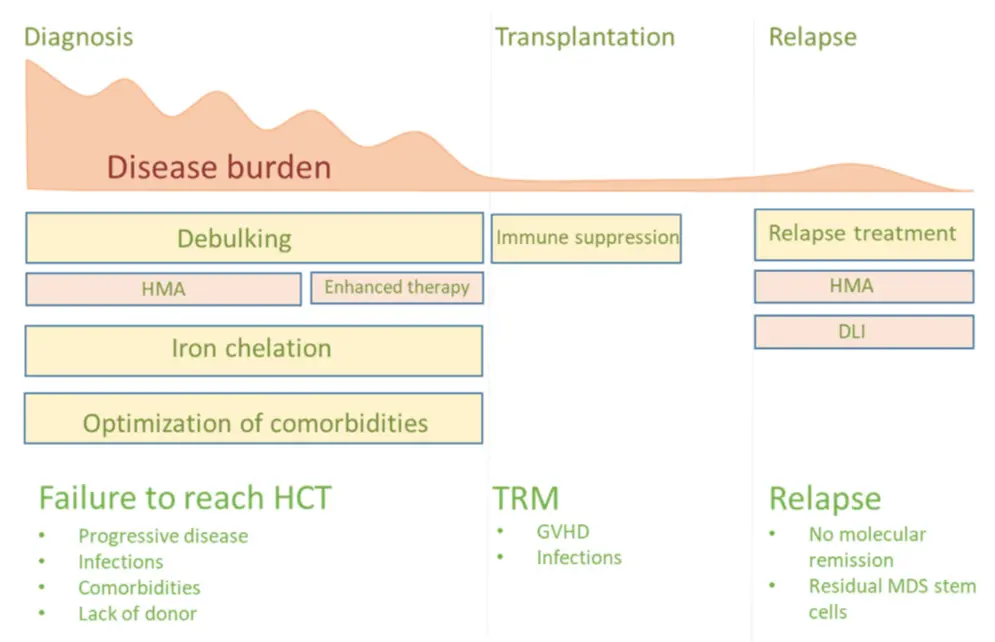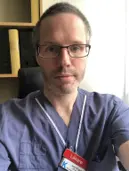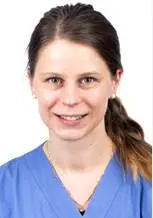Our research
Allogeneic stem cell transplantation (HSCT) is the only curative treatment for patients with myelodysplastic syndrome (MDS). Unfortunately, approximately 25% of these patients will experience relapse, and the prognosis in such cases is exceedingly poor.
Our research group has set a primary goal: to enhance the outcomes for MDS patients who have undergone HSCT. The concept of using measurable residual disease (MRD) assessments to guide treatment is well-established in diseases like chronic myeloid leukemia and acute myeloid leukemia. In n contrast, it has not yet been integrated into clinical routine for MDS patients due to the absence of well-defined MRD targets. In recent years, there has been a comprehensive characterization of the MDS. The focus of our research is to develop MRD methods and implement the use of MRD assessments before and after HSCT, and to develop treatment strategies in patients with relapsing disease.



